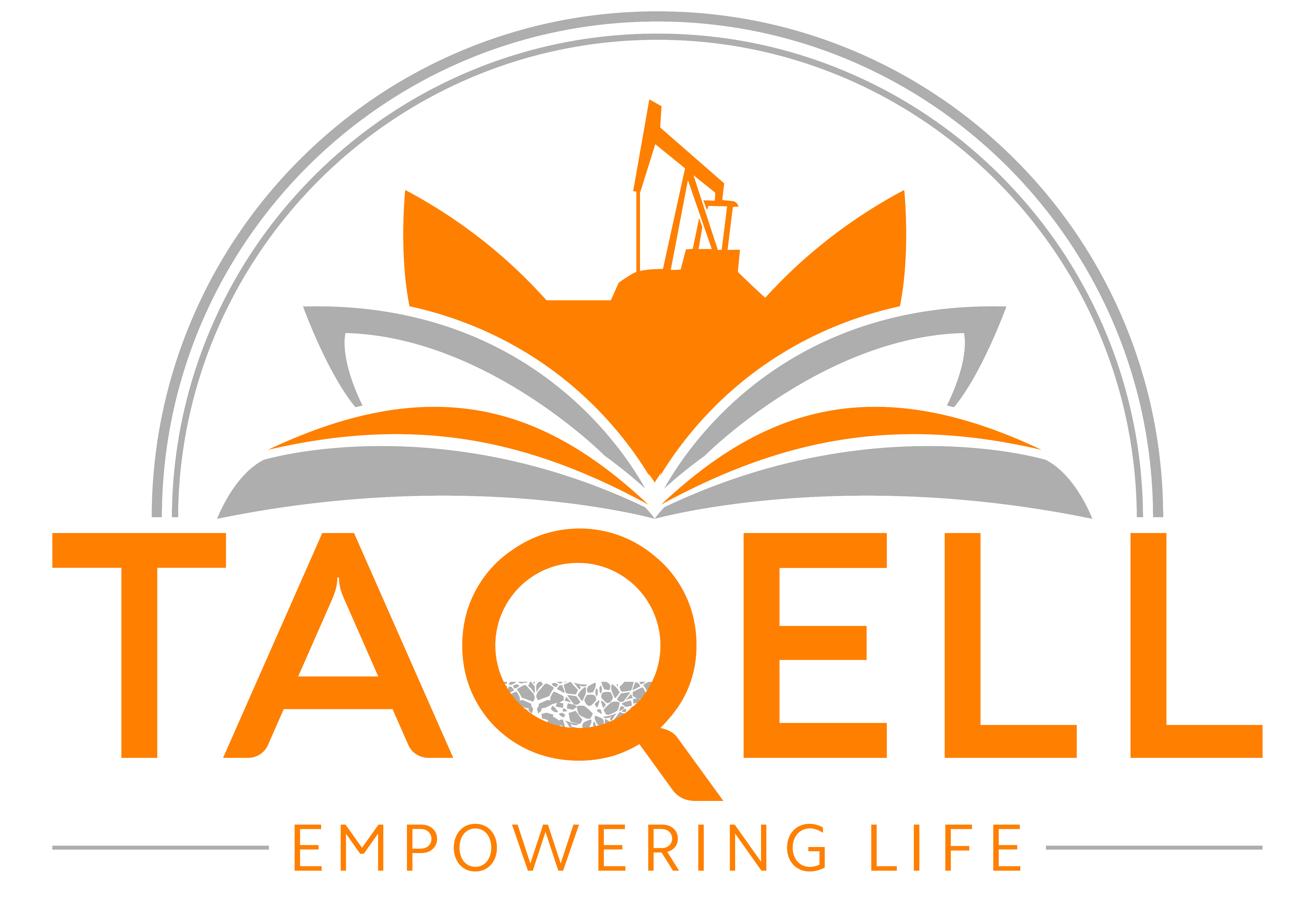Course Overview
The Site Characterization course at TAQELL provides an in-depth exploration of the techniques and methodologies essential for assessing site conditions critical to civil engineering projects. Designed to equip participants with comprehensive knowledge and practical skills, this course covers various aspects of site characterization, from initial investigations to forensic assessments.
Course Format
• Online: Accessible from anywhere with a flexible schedule, perfect for working professionals.
• Offline: Hands-on learning with direct access to instructors and field equipment, ideal for those who prefer face-to-face interaction.
Role and Value of Geotechnical Site Characterization
Geotechnical site characterization is pivotal for civil engineering projects, facilitating informed decisions in design, construction, and maintenance by identifying risks, optimizing parameters, ensuring safety, and minimizing costs and delays through proactive issue prevention.
Challenges of Effective Site Characterization
Effective site characterization encounters challenges such as complex subsurface conditions complicating data interpretation, access limitations hindering comprehensive investigations, environmental constraints imposing regulatory barriers, ensuring data quality and integration across various sources, and managing costs and time constraints while conducting thorough investigations aligned with project timelines and budgets.
General Objectives for Site Characterization
The primary objectives of site characterization encompass identifying geotechnical risks such as landslides and liquefaction, providing essential data for accurate foundation and structural design, informing construction methods and sequences, establishing baseline conditions for ongoing performance monitoring, and ensuring compliance with local and international standards and regulations.
Classes of Site Characterization Investigations
1. Desktop Studies
Objective: Gather preliminary information about the site by reviewing geological maps, aerial photographs, previous investigation reports, and historical data, which is essential for initial project planning, identifying potential challenges, and guiding subsequent field investigations.
2. Preliminary Investigations
Objective: Conduct initial field investigations utilizing geophysical surveys, exploratory boreholes, and basic soil sampling to obtain a comprehensive understanding of site conditions, crucial for feasibility studies, preliminary design considerations, and pinpointing areas necessitating further detailed investigation.
3. Borrow Site Investigations
Objective: Evaluate potential sites through material sampling, testing, and geophysical surveys to ensure the quality and suitability of soil, sand, and gravel for construction projects, essential for maintaining construction standards and project integrity.
4. Investigations for Performance Monitoring and Condition Assessment
Objective: Monitor existing structures and assess their condition using instrumentation, non-destructive testing, and periodic sampling to facilitate maintenance planning, preempt critical issues, and uphold long-term structural integrity.
5. Forensic Investigations
Objective: Determine the root causes of geotechnical failures or structural issues through detailed field investigations, laboratory testing, and analysis of construction records, crucial for conducting failure analysis, supporting legal investigations, and guiding remedial measures effectively.
6. Investigations for Design Build Projects
Objective: Provide detailed geotechnical data through comprehensive field investigations, advanced laboratory testing, and real-time data analysis to optimize design, mitigate construction risks, and ensure project delivery within scope, time, and budget constraints.
Learning Outcomes
Upon completing the Site Characterization course, participants will be able to:
• Conduct various types of geotechnical investigations effectively.
• Analyze and interpret data from field and laboratory investigations.
• Apply site characterization techniques to inform design, construction, and maintenance.
• Address challenges and mitigate risks associated with geotechnical site characterization.
• Prepare detailed reports and documentation for stakeholders.
Who Should Attend?
This course is ideal for:
• Civil and geotechnical engineers.
• Environmental engineers and scientists.
• Construction project managers.
• Engineering consultants and planners.
Course Benefits
• Expert Instruction: Learn from experienced professionals with extensive industry knowledge.
• Hands-on Experience: Gain practical skills through real-world applications and case studies.
• Flexible Learning: Choose between online and offline formats to suit your schedule and learning preferences.
• Comprehensive Curriculum: Cover all aspects of site characterization, from desktop studies to forensic investigations.



